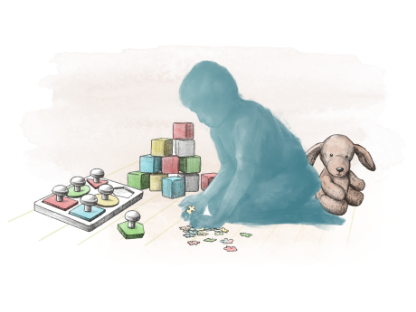I am seeking therapy in Austin for
Whatever your reason for therapy in Austin, we have an experienced, licensed therapist who can help. Call us at 512-675-1262 or use the button below to book online.
Our holistic approach to therapy.
At Williamsburg Therapy Group, we consider the individual as a whole, rather than focusing on just one aspect of their being or condition. This approach recognizes that all aspects of a person’s life can affect their overall mental and emotional well-being, and seeks to address these factors in a comprehensive and integrated way. By considering the whole person, we can provide more complete and effective treatment for behavioral health issues, allowing you to live your best life.
We offer a full spectrum of behavioral health services, including:


Experience the Williamsburg Therapy Difference
Address ongoing conditions, or find out what’s wrong in the first place. Our team of dedicated, doctorate level psychologists are happy to assist.
Meet a Highly-Trained Therapist
All of our therapists are doctoral-level psychologists, with expertise in a diverse range of specialties.
Transparent Costs
You have a right to know the cost of your mental health care before treatment. We're proud to facilitate that.
Online Therapy Sessions
You choose where you want to meet. With a virtual therapist or within our well-appointed and safe offices.
Comprehensive Therapy Services

Find hope and healing through supportive depression therapy in Austin, TX.

Our anxiety therapy in Austin, TX, includes doctoral-level therapists and integrated psychiatric care.

Substance abuse and alcohol addiction can affect anyone. Find help through addiction therapy in Austin, TX.

Identify unhelpful thoughts and behaviors through CBT therapy in Austin, TX, and replace them with healthier approaches to life’s challenges.
THERAPIST FEES
Know your cost before you book.
Licensed Psychologist
50 Minute Session
Post Doctorate Psychologists
50 Minute Session
*For exact pricing see individual therapist’s profile page. Williamsburg Therapy Group is an Out-Of-Network Provider.
Our Austin Location
512-675-1262
2121 S. Lamar Blvd
Suite 200
Austin, TX 78704
Phone Hours:
8 AM to 5 PM Central, Mon-Sat
Feeling better is closer than you think.
We are here to help you no matter where you are at emotionally and want to pair you with a professional that cares and can help.



.png)




